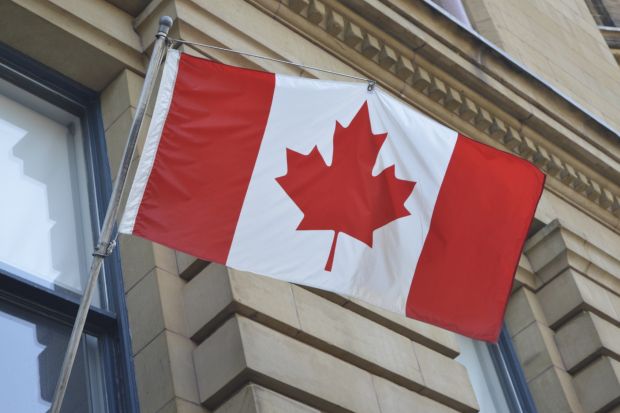The Trudeau administration has disappointed much of Canadian higher education by offering an annual budget with limited gains in student aid and a shift in research priorities towards the private sector.
The nation’s 2022 spending outline is highlighted by the creation of a new agency, as seen in some other developed nations, that would coordinate money for product development that is currently allocated through Canada’s three main federal science funding agencies.
Leaders of Canada’s research universities made clear that they welcomed commercial applications of their discoveries but preferred a heavier government emphasis on creating more of them.
The Trudeau budget does offer science gains in some selected areas such as scholarships, said Paul Davidson, president of Universities Canada, the nation’s main higher education association. “What’s missing”, he said, “is a renewed commitment to discovery research in the face of increasing global competition.”
The 2022 budget – reflecting the power-sharing agreement that Mr Trudeau’s Liberals reached last month with the opposition New Democrats – is also disappointing higher education advocates by offering limited new aid for needy students and institutions.
Mr Trudeau’s outline, the Canadian Association of University Teachers said, “gets failing marks for doing little to ensure equitable and affordable access to university and college education, and contribut[ing] to creating quality jobs in post-secondary education over the long run”.
“It’s unfortunate” given the hopes that the New Democrats would provide the Liberals a more progressive push, said Erika Shaker, national director of the Canadian Centre for Policy Alternatives, a left-leaning thinktank.
The budget does have positive elements, Ms Shaker said, which include adding student loan forgiveness for medical students in underserved areas, extending last year’s doubling of the main federal grant for low-income students and continuing to waive interest on the federal portion of student loans.
“But unfortunately, there was no significant investment in the upfront costs of post-secondary education,” she said. “This is a shame, given the impact of tuition and other fees on affordability for students and their families who are facing fees that, almost without fail, continue to increase.”
The Canadian Federation of Students had a similar take, noting that Mr Trudeau’s array of new nationwide investments in low-income families appears to have forgotten higher education. “Budget 2022 left a lot to be desired for students who are tackling unique issues that have not been experienced simultaneously by previous generations,” the federation said.
Unfulfilled promises from Mr Trudeau’s campaign last year, according to a publication of Universities Canada, include permanently eliminating the interest charge on federal student loans, helping to hire 1,200 campus mental health professionals and making new investments in Indigenous-run institutions.
In research areas, it said, the missed promises include adding 1,000 slots to the Canada Research Chair programme and adding C$100 million (£60 million) a year for research into critical diseases.
The new federal agency to help convert academic research into products will be backed by C$1 billion over five years and modelled on entities in countries such as Israel and Finland that concentrate on connecting individual companies with useful discoveries. That reflects a shift from earlier considerations of a more aggressive model based on the Defense Advanced Research Projects Agency in the US, which is known for placing large financial bets on technological ideas with long odds of success.
The Trudeau budget also allocates more than C$30 million a year to help Canadian universities guard against foreign threats to their research work and about C$2 million a year for studies of how university research in Canada leads to commercial gains.
The budget also includes about C$10 million a year to fund new science and technology researchers at universities, plus a similar additional amount dedicated to bolstering black scientists.
The government also offered help to universities with an exemption from a new Trudeau policy, designed to calm Canada’s overheated housing market, that imposes a two-year ban on foreigners buying homes in the country. The exception would apply in many instances to foreigners with work permits and foreign students seeking permanent residency.
Register to continue
Why register?
- Registration is free and only takes a moment
- Once registered, you can read 3 articles a month
- Sign up for our newsletter
Subscribe
Or subscribe for unlimited access to:
- Unlimited access to news, views, insights & reviews
- Digital editions
- Digital access to THE’s university and college rankings analysis
Already registered or a current subscriber? Login







